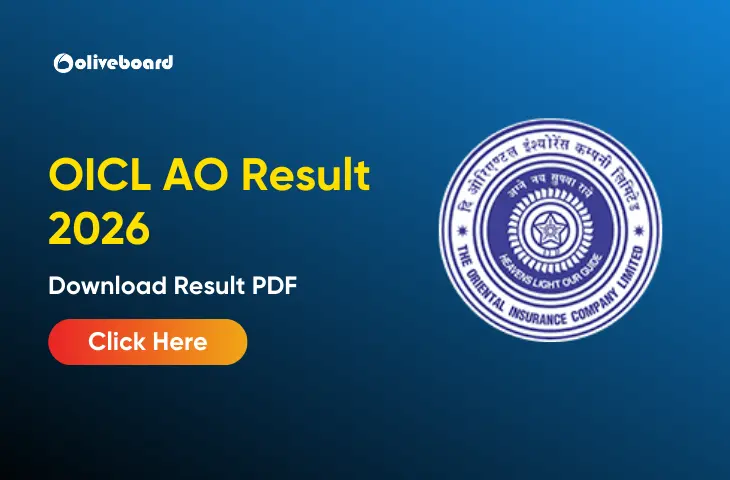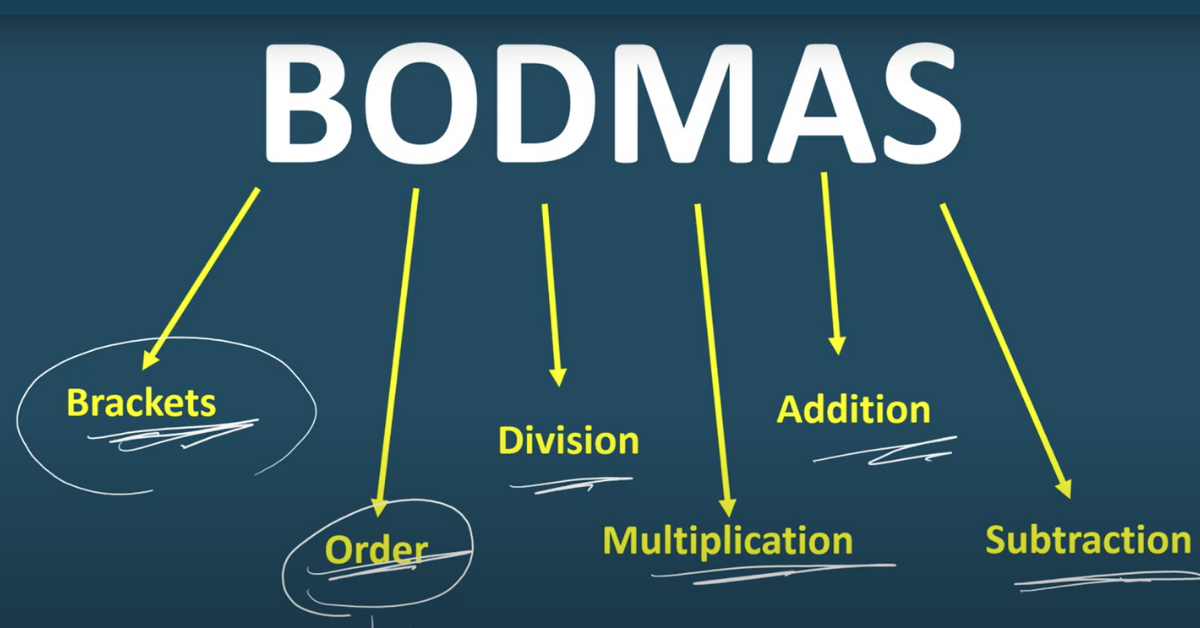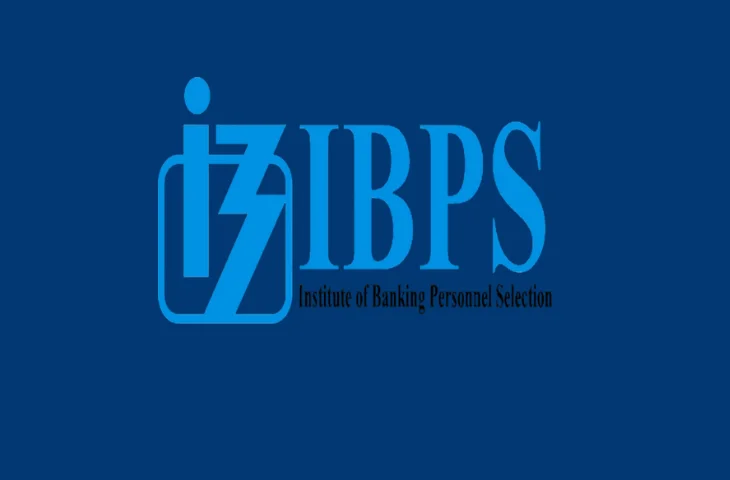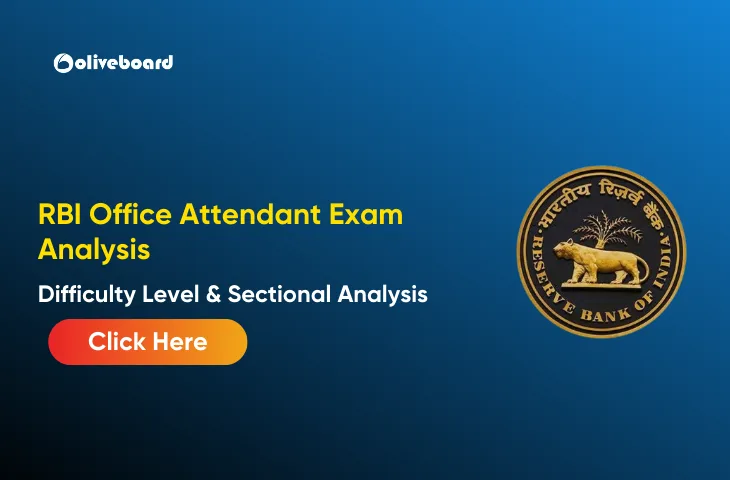Accounting principles are the foundation of financial reporting. They act as rules and guidelines for recording, classifying, and presenting business transactions in a consistent and reliable manner. For aspirants preparing for banking and financial exams like IBPS, SBI, RBI, NABARD, and LIC, understanding accounting principles is crucial because many questions test both the concepts and their practical applications in areas such as provisioning, revenue recognition, and financial disclosures.
What Are Accounting Principles?
Accounting principles are standardized norms that ensure financial transactions are recorded in a manner that reflects the true and fair view of an organization’s financial health. They provide a common language of reporting, making accounts comparable and transparent. Without these principles, businesses would record information differently, making it difficult to compare performance across companies or time periods. In India, financial reporting is primarily guided by:
- Indian Accounting Standards (Ind AS) aligned with International Financial Reporting Standards (IFRS),
- Accounting Standards (AS) issued by ICAI, and
- Generally Accepted Accounting Principles (GAAP).
Importance of Accounting Principles
The application of accounting principles brings discipline and uniformity to financial statements. They:
- Promote accuracy and reliability of financial data.
- Facilitate comparability across businesses and industries.
- Ensure compliance with legal and regulatory requirements.
- Enhance stakeholder confidence through transparency.
- Support decision-making by presenting a fair view of profitability and financial health.
For banking professionals, these principles are indispensable since banks deal with large volumes of financial transactions and must comply with RBI’s disclosure and provisioning norms.
Fundamental Accounting Assumptions
Every accounting system rests on a few basic assumptions. These are not usually stated explicitly in financial statements, but they are always implied unless mentioned otherwise.
- Going Concern Assumption – This assumes that the business will continue to operate in the foreseeable future, and its assets are recorded at cost rather than liquidation value.
- Consistency Assumption – Accounting methods and policies should remain consistent across periods to ensure comparability of results. Any change should be justified and disclosed.
- Accrual Assumption – Revenues and expenses are recognized when they are earned or incurred, not when cash is received or paid. This reflects the actual performance of a business for a given period.
Core Principles of Accounting
The following are the essential principles of accounting that guide day-to-day recording and reporting of transactions:
- Business Entity Principle – Distinguishes the business from its owners.
- Money Measurement Principle – Records only those transactions measurable in monetary terms.
- Dual Aspect Principle – Every transaction has two effects, forming the basis of the double-entry system.
- Cost Principle – Assets are recorded at their acquisition cost.
- Prudence (Conservatism) Principle – Anticipate losses but not unrealized gains.
- Materiality Principle – Only significant information is disclosed separately.
- Matching Principle – Expenses are matched with related revenues in the same period.
- Realization Principle – Revenue is recognized when it is earned, not when cash is received.
- Full Disclosure Principle – All material facts and policies must be disclosed.
- Substance Over Form Principle – Transactions are recorded based on economic reality, not just legal form.
- Objectivity Principle – Accounting records should be supported by verifiable evidence.
Crack the UPSC EPFO Exam with confidence.
Principles vs Conventions
While the terms “principles” and “conventions” are often used together, there is a subtle difference:
- Principles are fundamental rules and guidelines that form the backbone of accounting. They are universally accepted and followed.
- Conventions are practices or customs that have developed over time. They are not legally binding but are widely accepted for uniformity.
| Basis | Principles | Conventions |
| Definition | Fundamental rules of accounting | Practices developed through usage |
| Authority | Formal, based on standards/GAAP | Informal, based on tradition |
| Examples | Matching, Realization, Dual Aspect | Conservatism, Materiality |
| Purpose | Provide universal framework for accounting | Ensure practical application and uniformity |
Practice Questions on Accounting Principles
- Which assumption states that a business will continue indefinitely?
- Under which principle are assets recorded at their purchase price rather than current market value?
- Which principle requires recording salaries payable at the end of the year?
- The separation of owner’s personal transactions from business transactions follows which principle?
- Recognizing revenue when goods are delivered rather than when payment is received is based on which principle?
- Creating a provision for doubtful debts follows which principle?
- Why must accounting methods be applied consistently across accounting periods?
- Recording a finance lease as an asset in the lessee’s books is an example of which principle?
- Writing off small items like stationery immediately follows which principle?
- Which principle requires accounting entries to be backed by invoices and vouchers?
- Why are probable losses recognized but not unrealized profits?
- Which principle matches expenses of a period with revenues of the same period?
- Disclosure of contingent liabilities in notes to accounts is guided by which principle?
- Which principle ensures only monetary transactions are recorded in the books?
- The concept of double-entry bookkeeping is based on which principle?
Answer Key
| Q.No. | Answer |
| 1 | Going Concern |
| 2 | Cost Principle |
| 3 | Accrual Principle |
| 4 | Business Entity Principle |
| 5 | Realization Principle |
| 6 | Prudence Principle |
| 7 | Consistency Principle |
| 8 | Substance Over Form Principle |
| 9 | Materiality Principle |
| 10 | Objectivity Principle |
| 11 | Prudence Principle |
| 12 | Matching Principle |
| 13 | Full Disclosure Principle |
| 14 | Money Measurement Principle |
| 15 | Dual Aspect Principle |
FAQs
Accounting principles are basic rules and guidelines that ensure financial transactions are recorded and reported consistently and transparently.
They are important because many exam questions test conceptual knowledge and practical applications like revenue recognition, provisioning, and disclosures.
Principles are formal, universally accepted rules, while conventions are traditional practices developed for uniformity.
The Realization Principle guides revenue recognition.
The Going Concern Assumption states that the business will keep running for the foreseeable future.
- OICL AO Mains Result 2026, Check Your Result Here

- OICL AO Cut Off 2025-26: Check Expected Marks

- IBPS Clerk Reserve List 2025-26, CSA Provisional Allotment

- Simplification Questions For Bank Exams, Live Quiz, FREE PDF

- IBPS Clerk Final Vacancy 2025-26: Check State-wise List

- RBI Office Attendant Exam Analysis 2026, 1st March, All Shifts

Hi, I’m Tripti, a senior content writer at Oliveboard, where I manage blog content along with community engagement across platforms like Telegram and WhatsApp. With 3+ years of experience in content and SEO optimization related to banking exams, I have led content for popular exams like SSC, banking, railway, and state exams.
